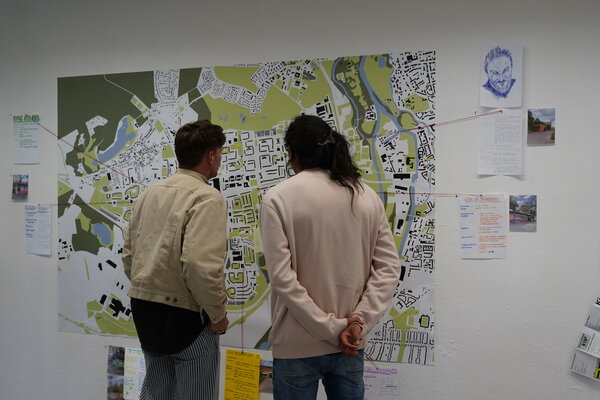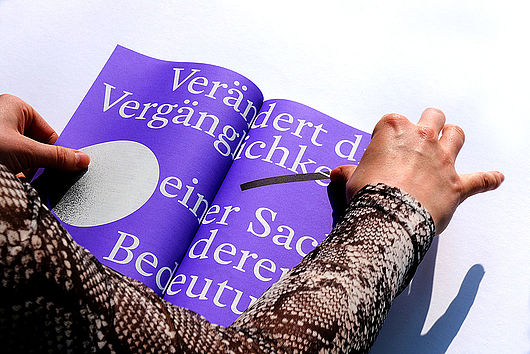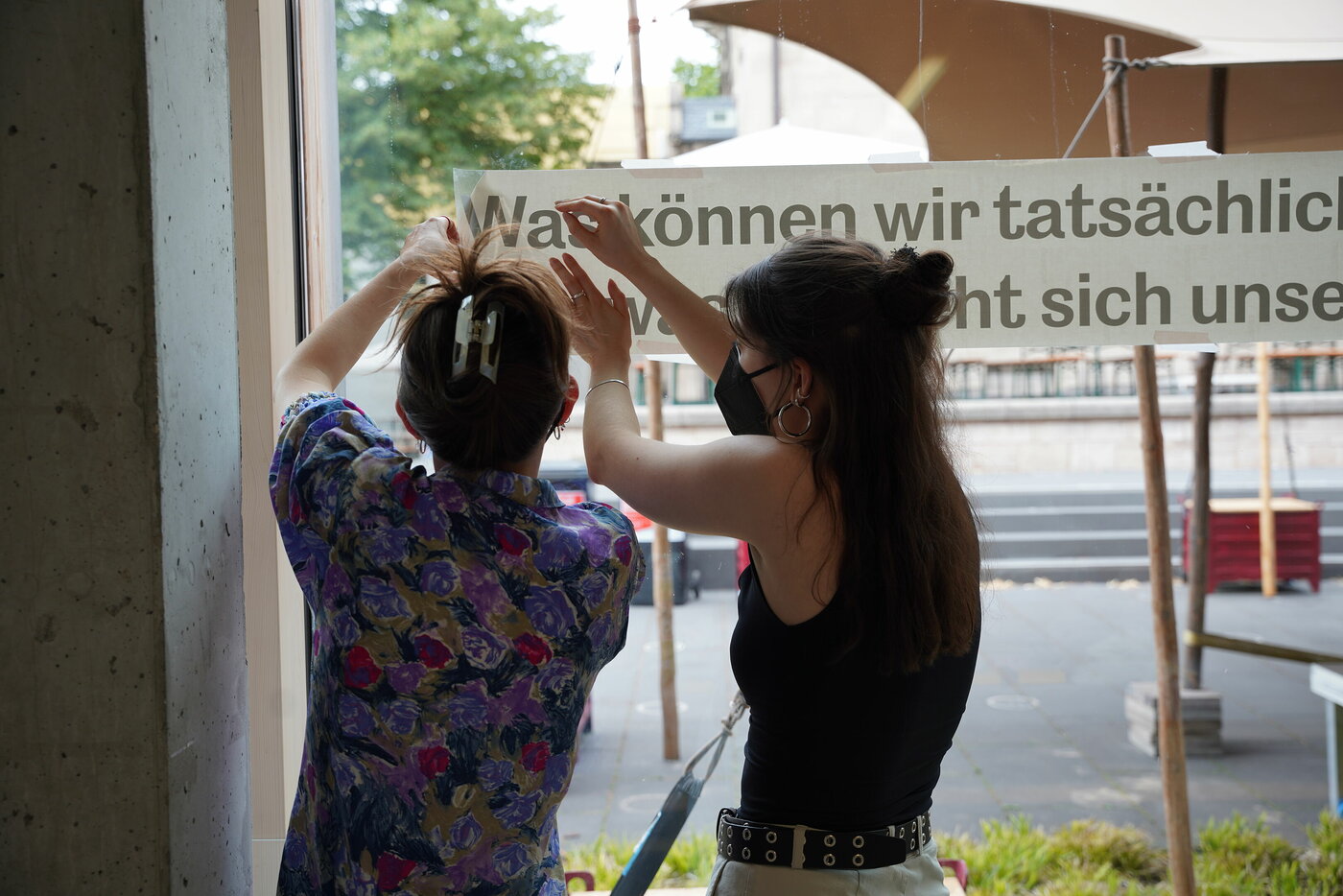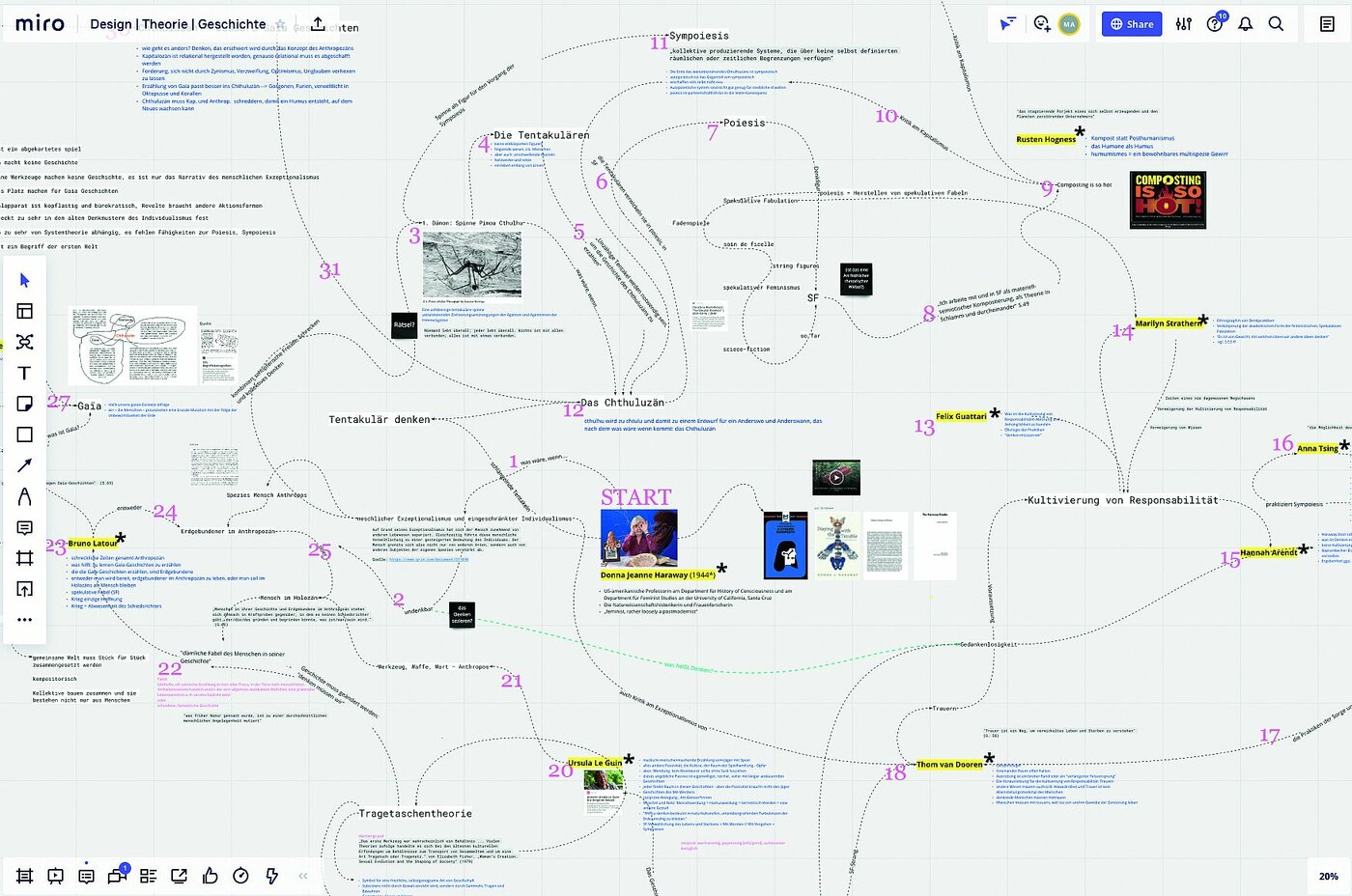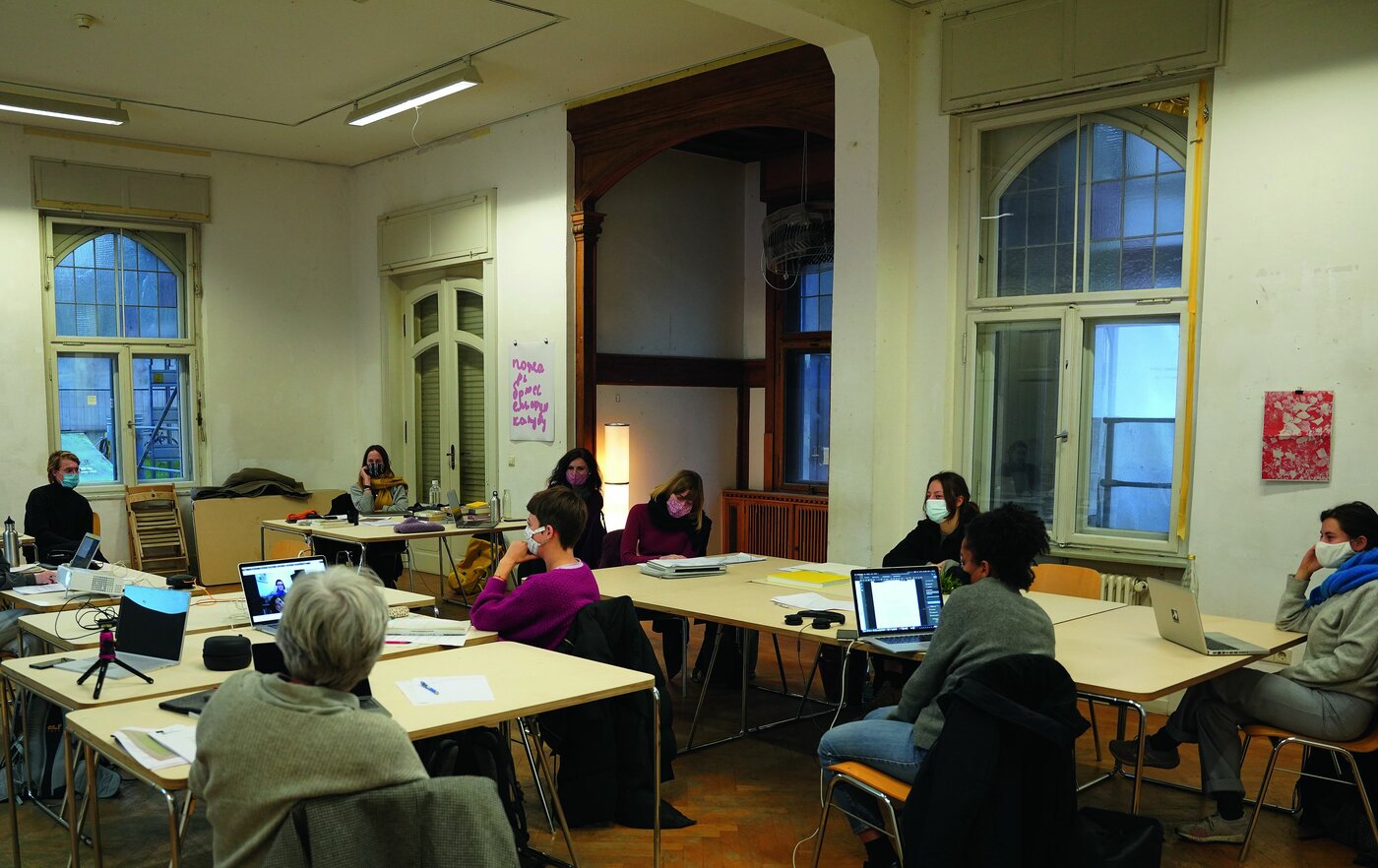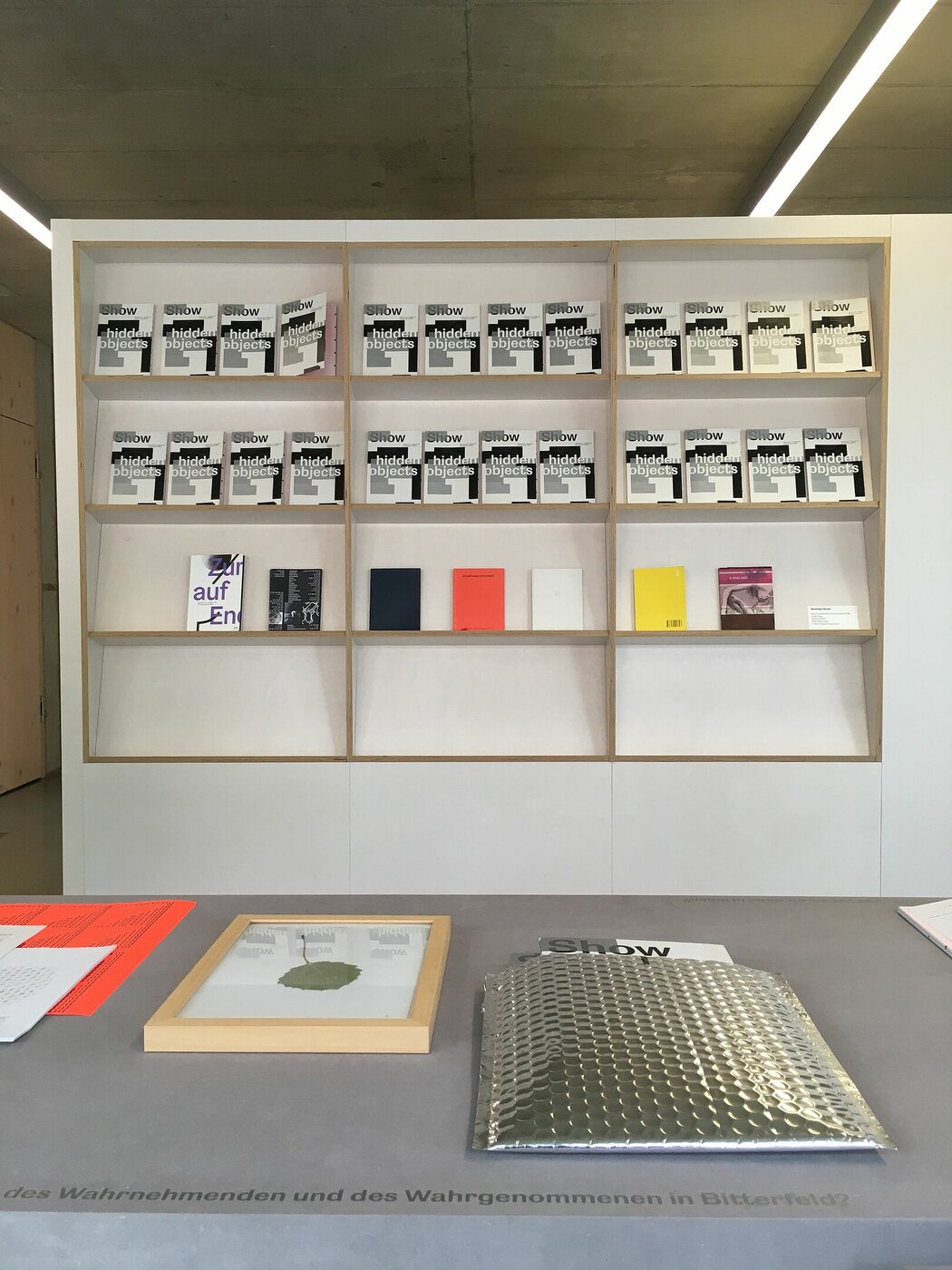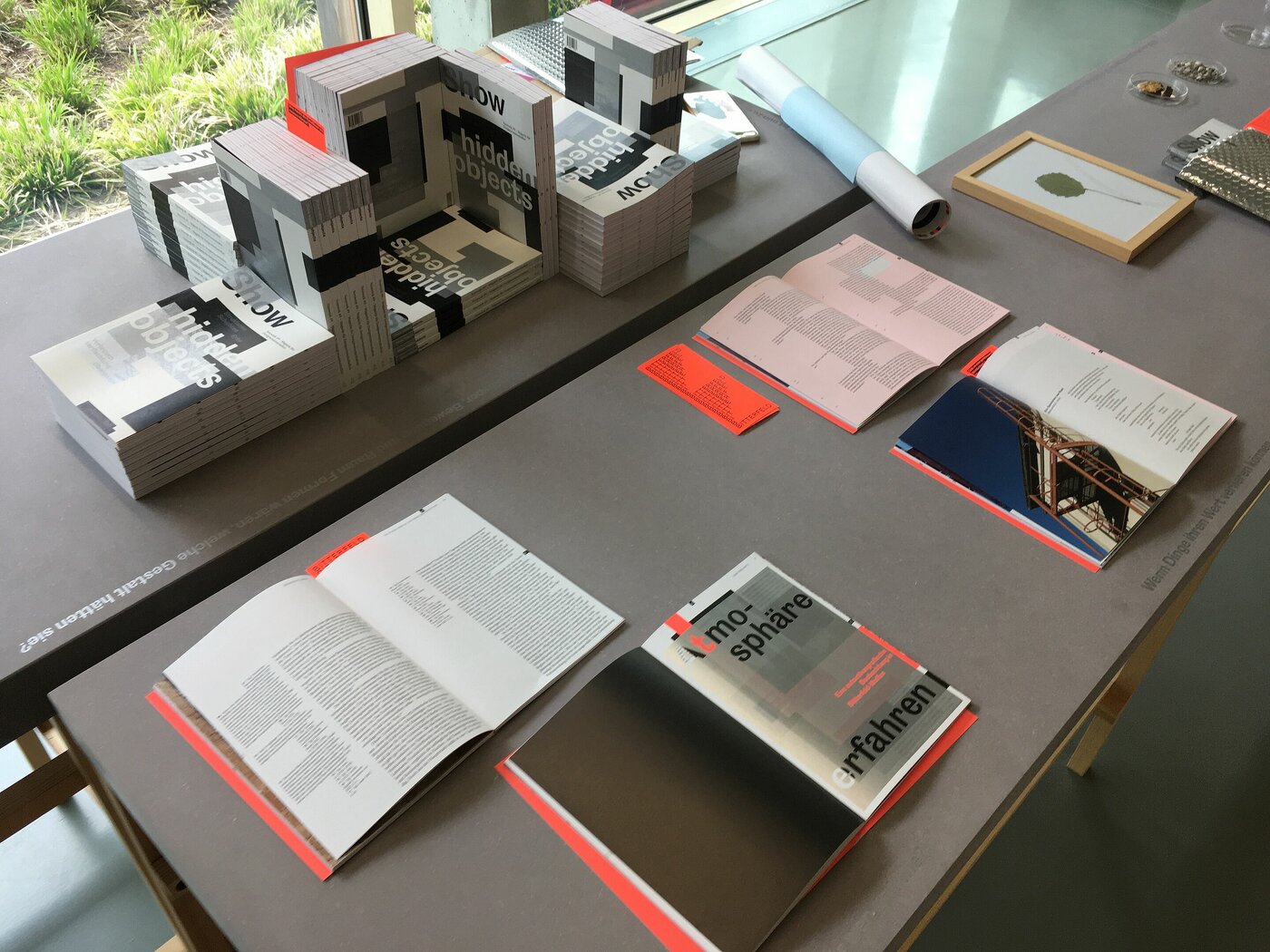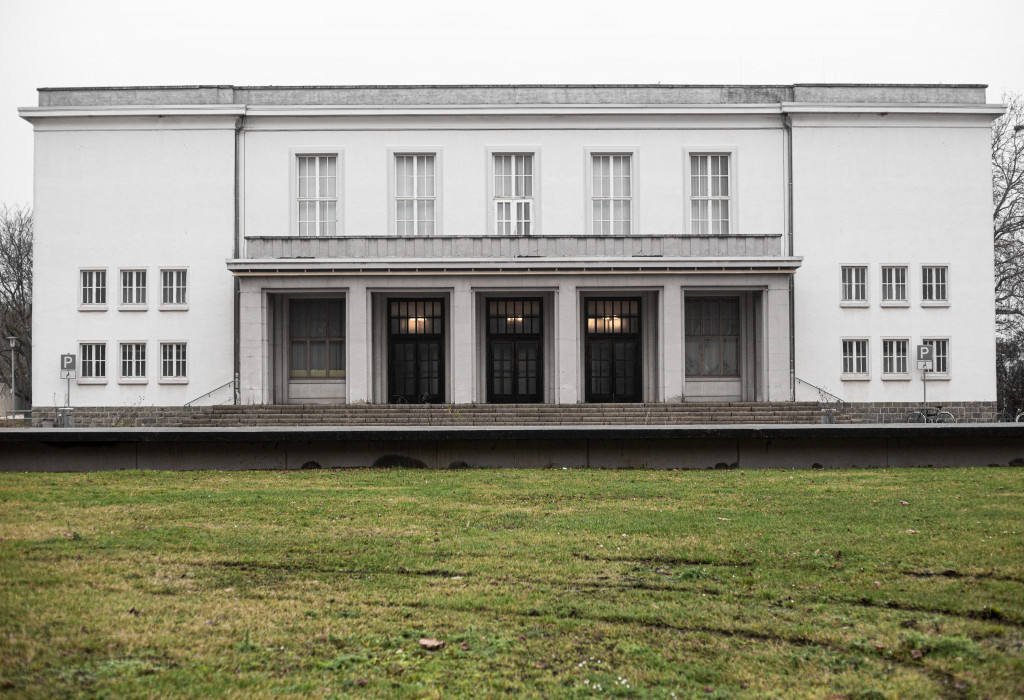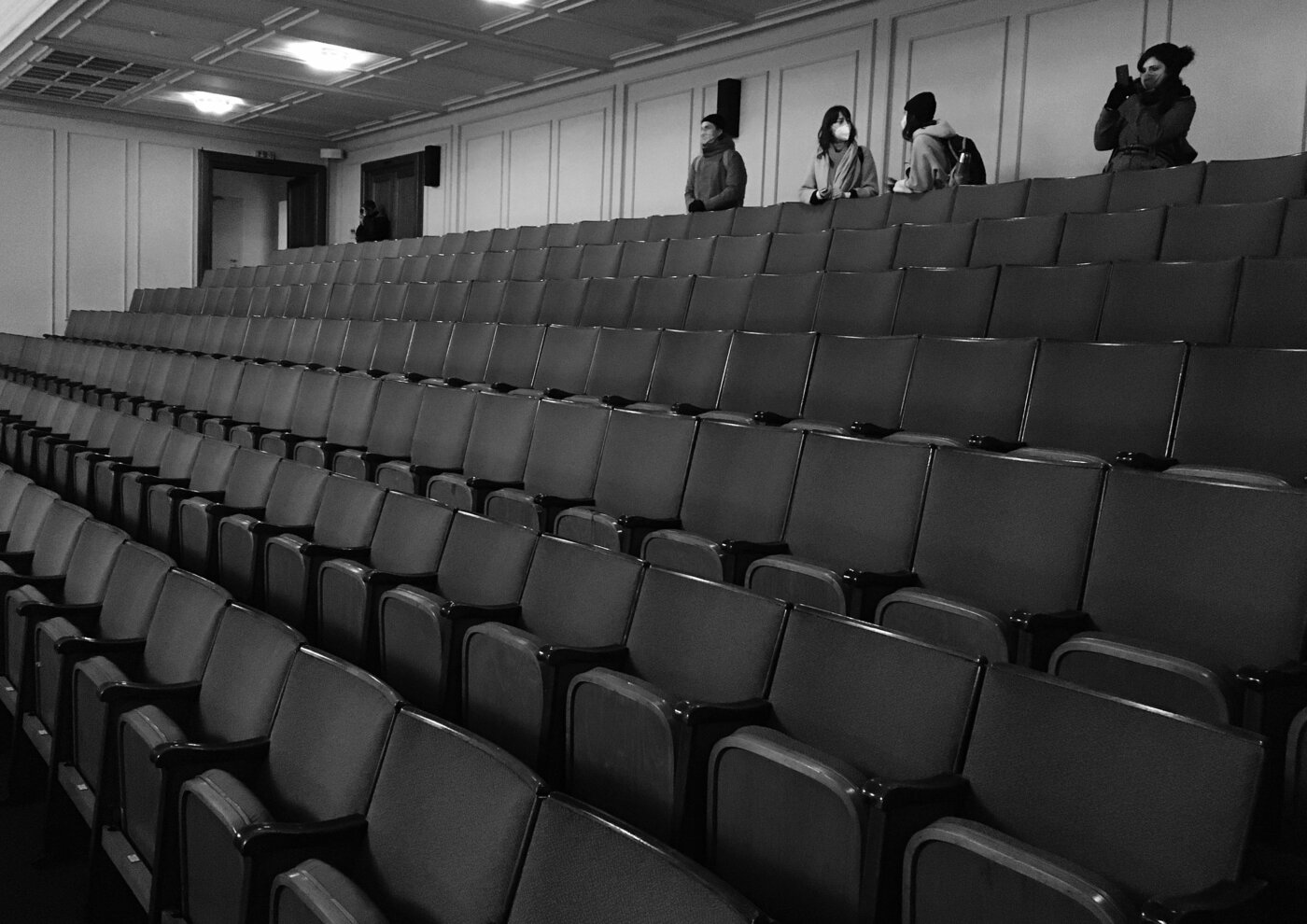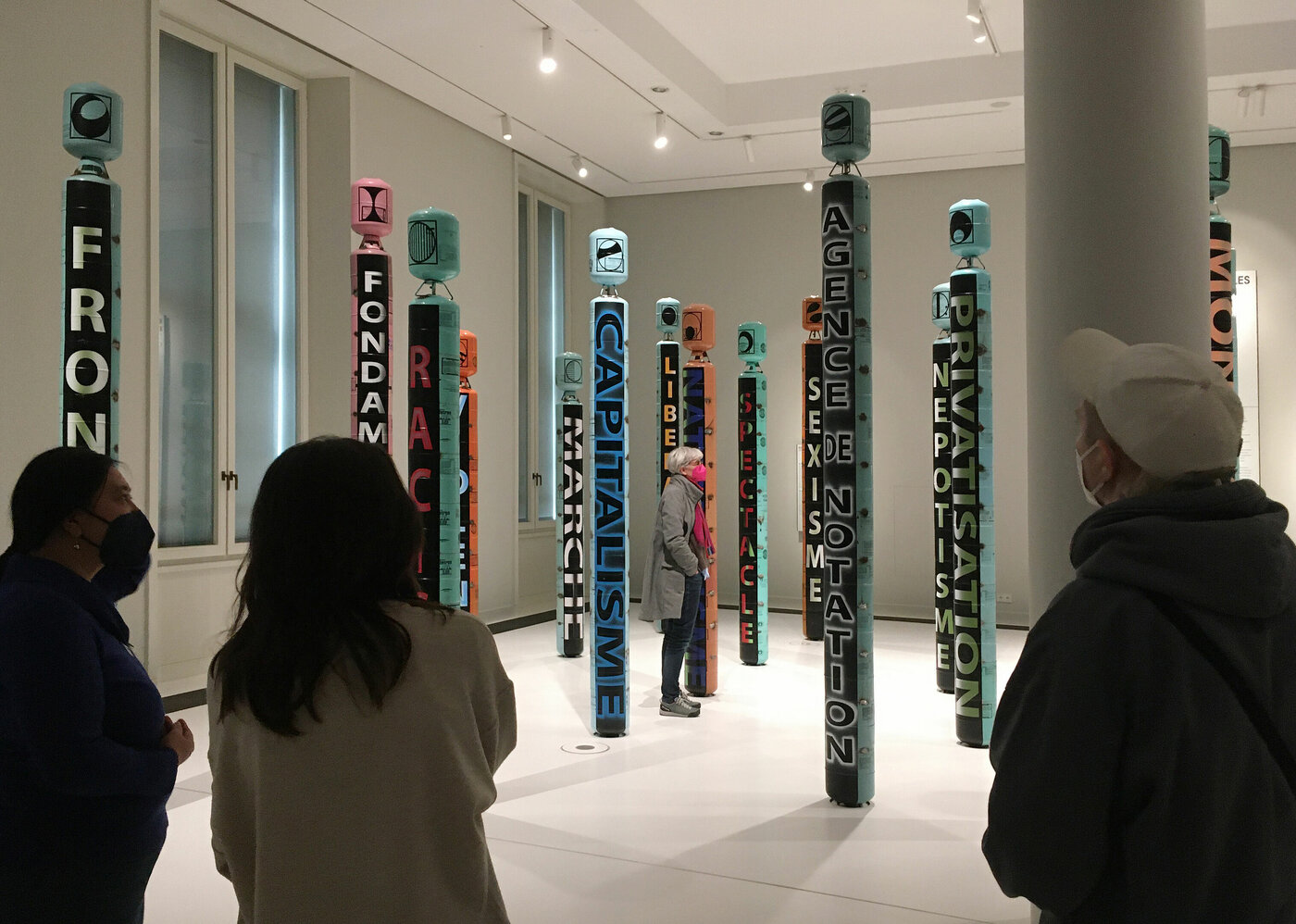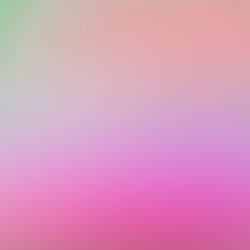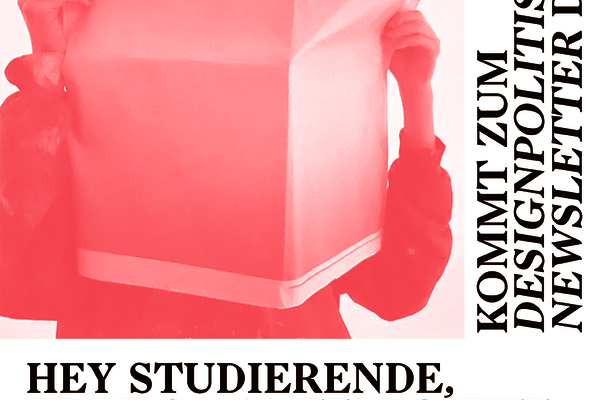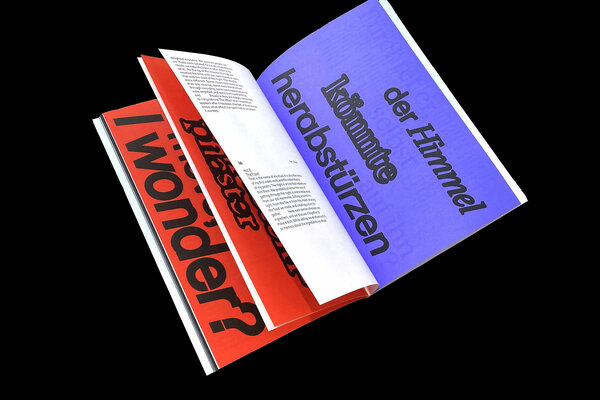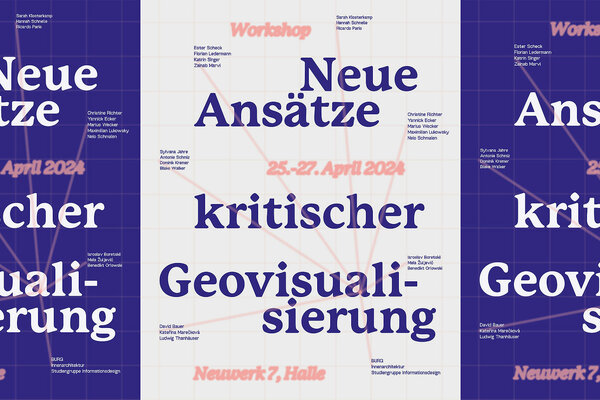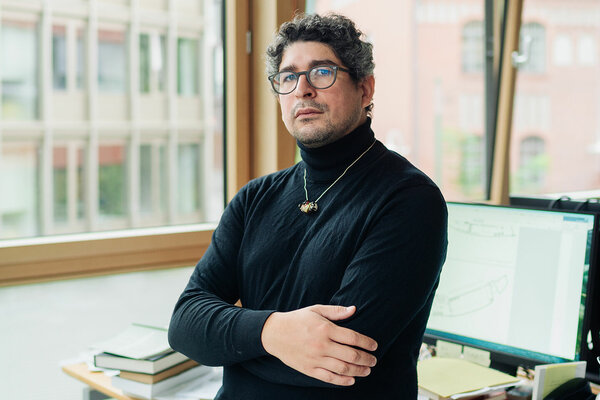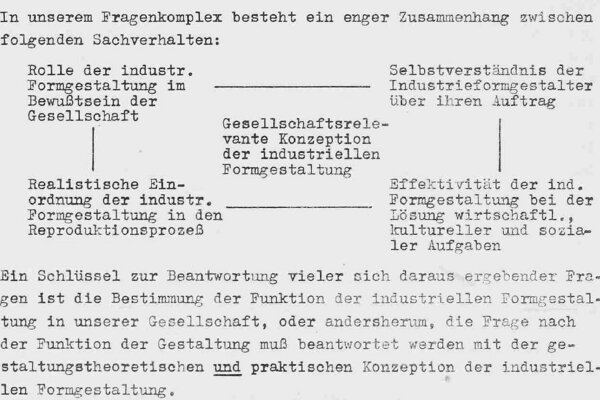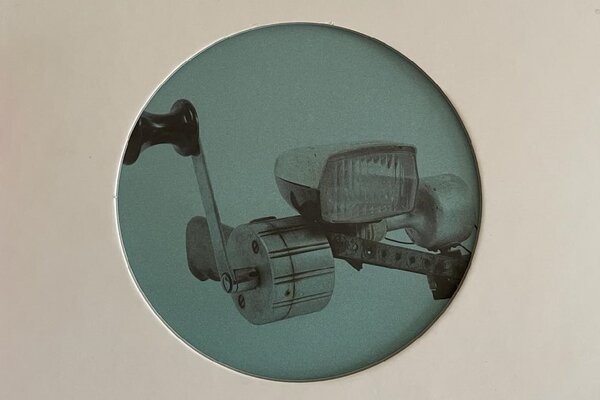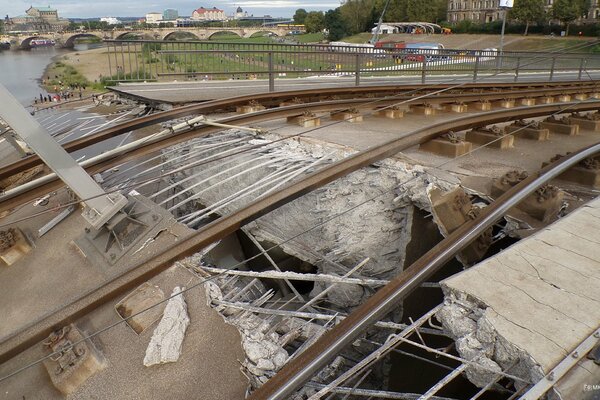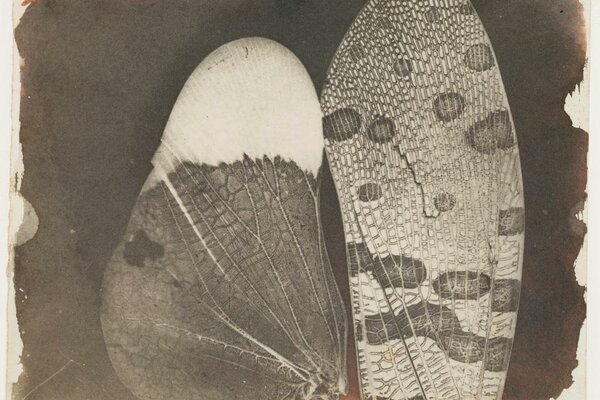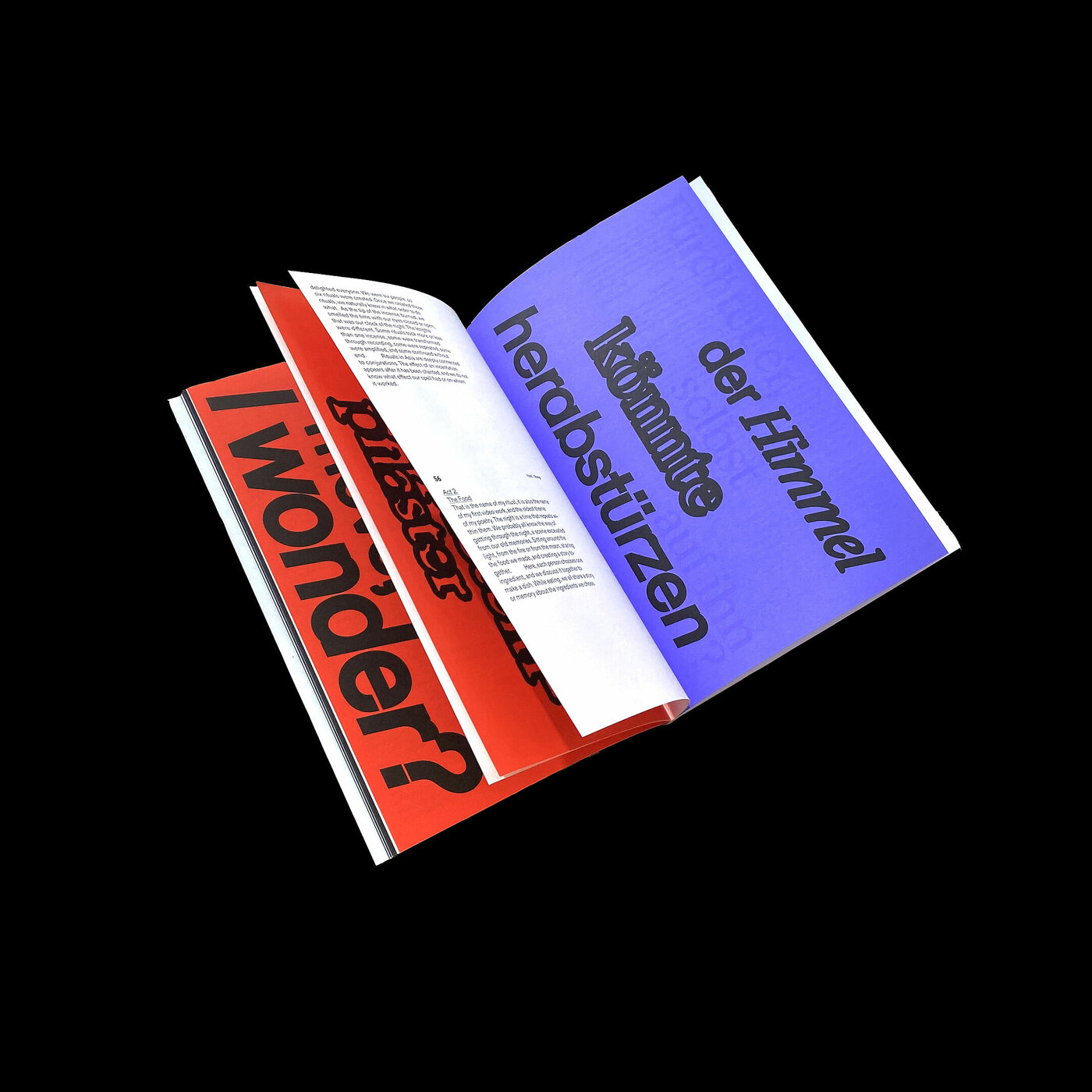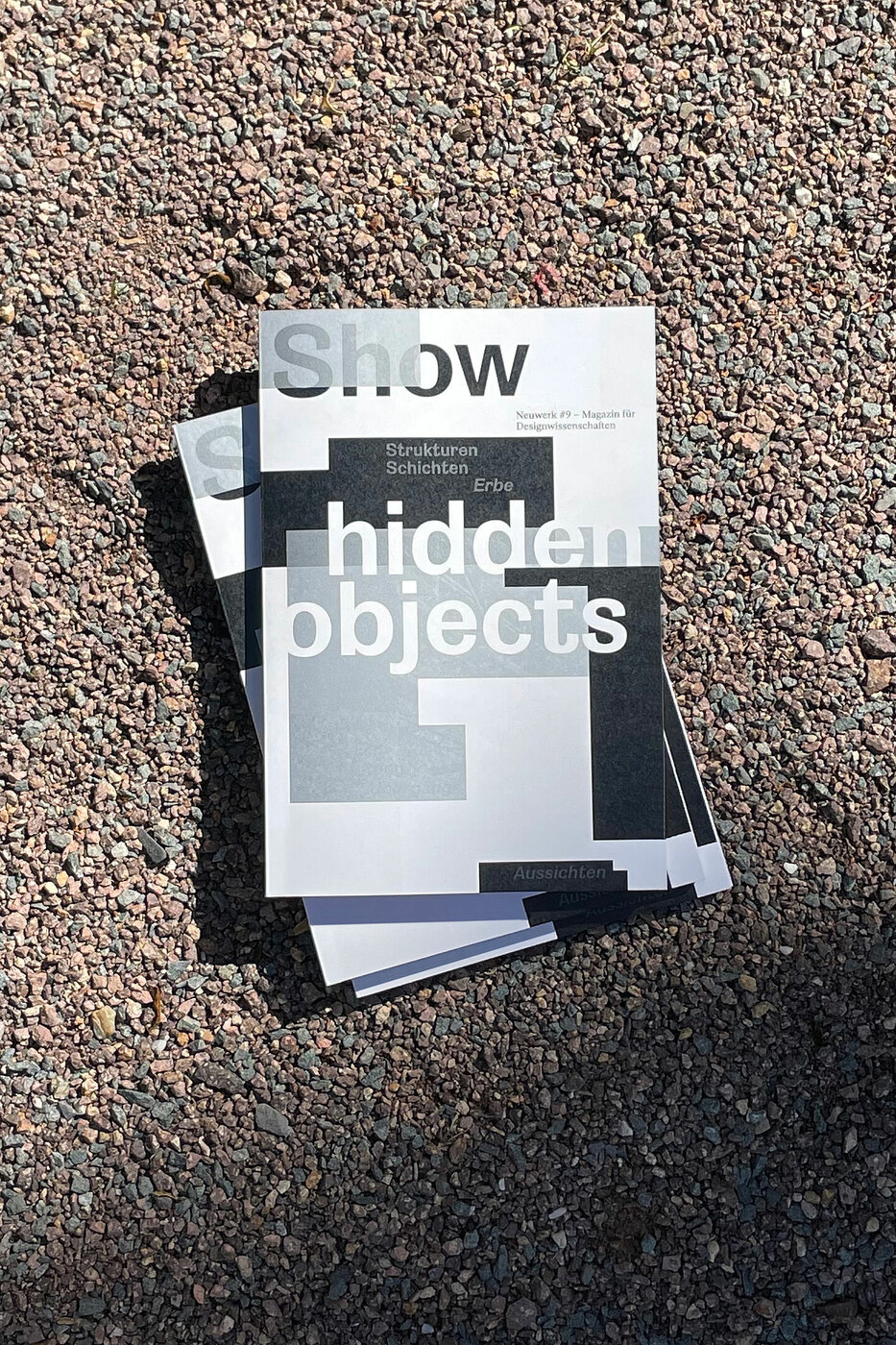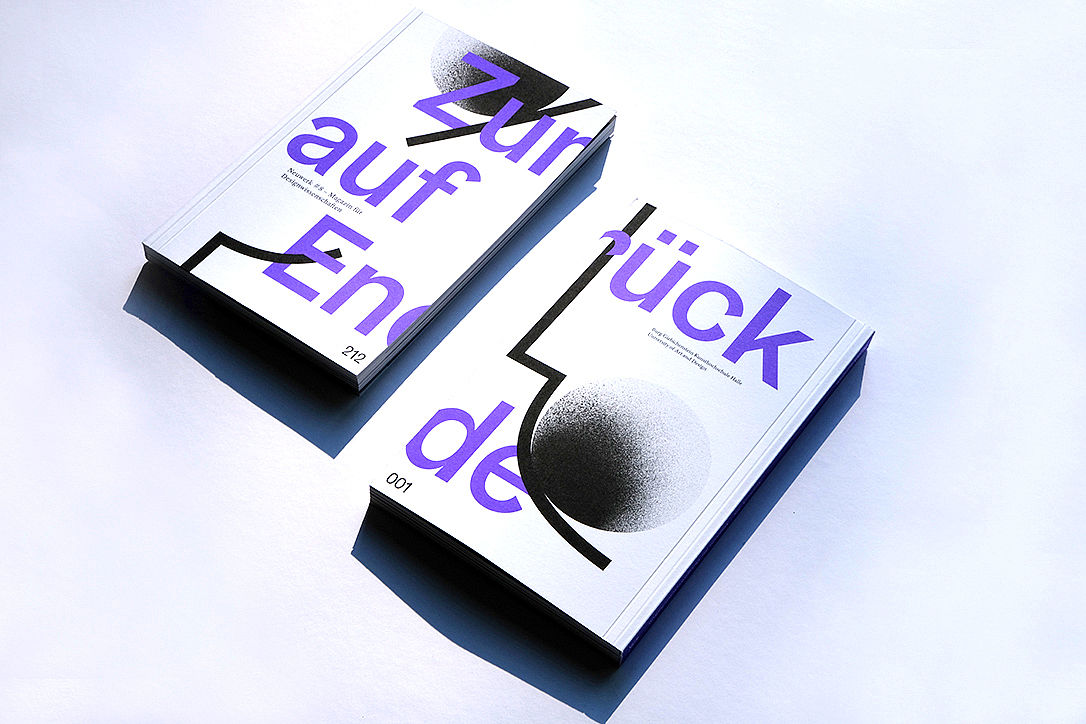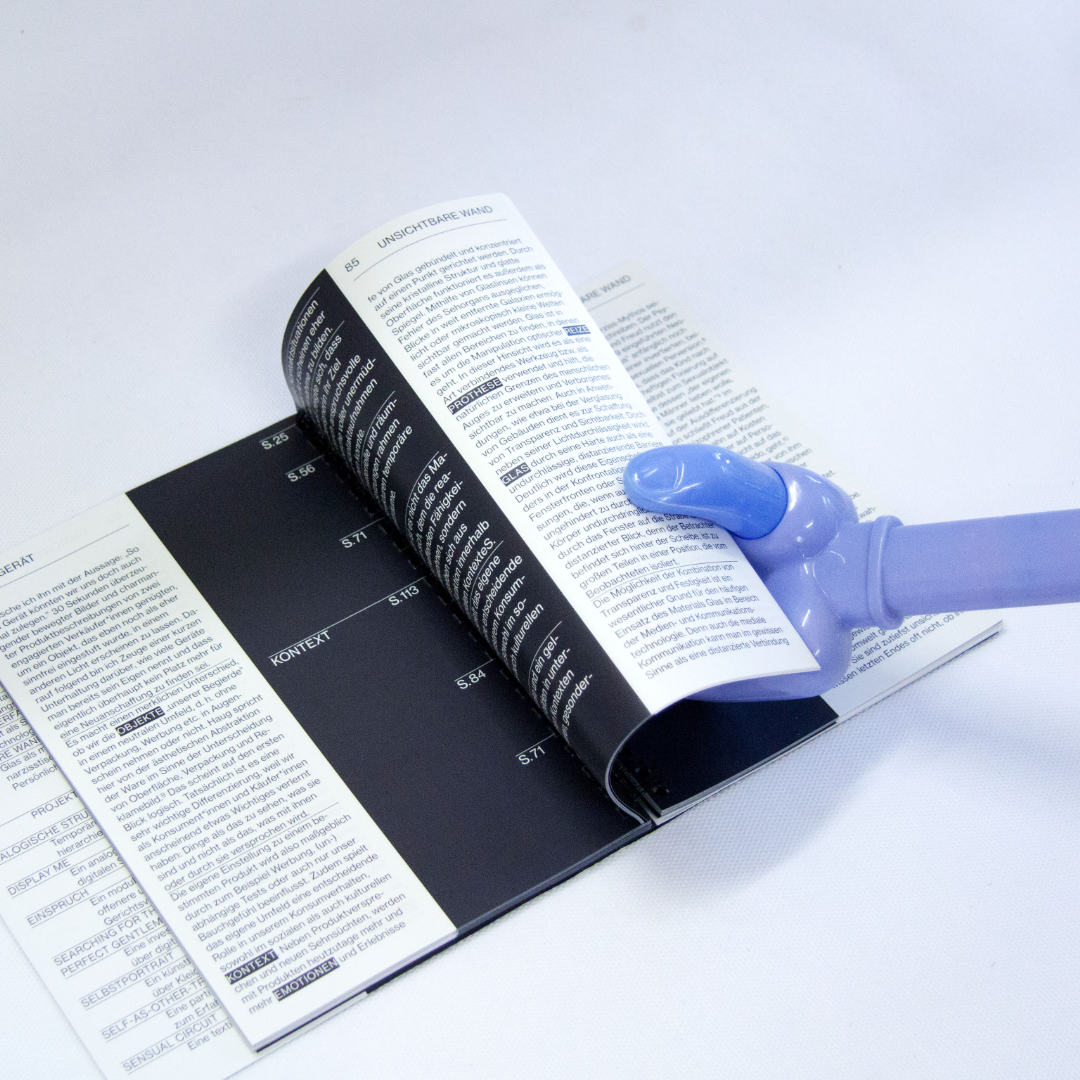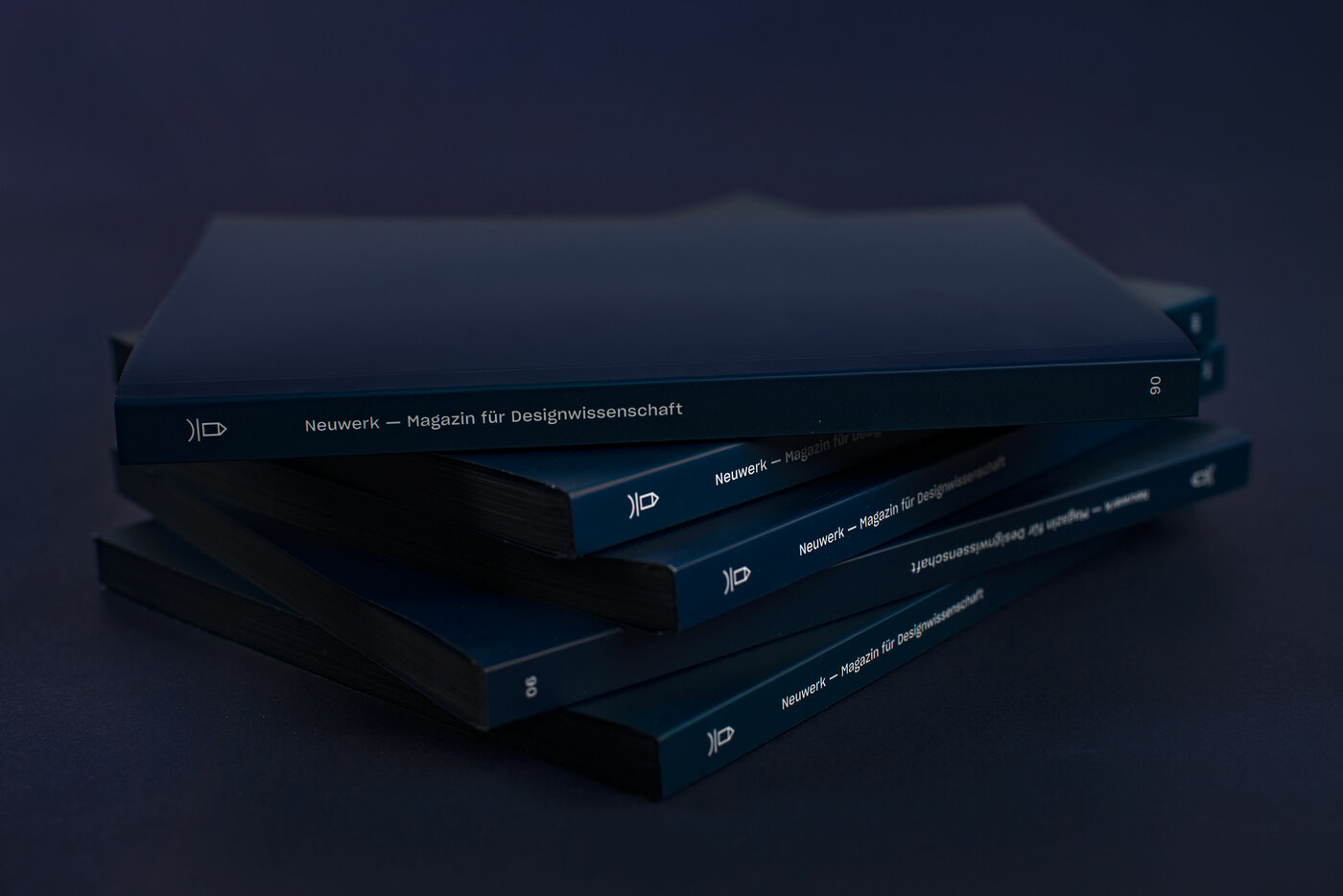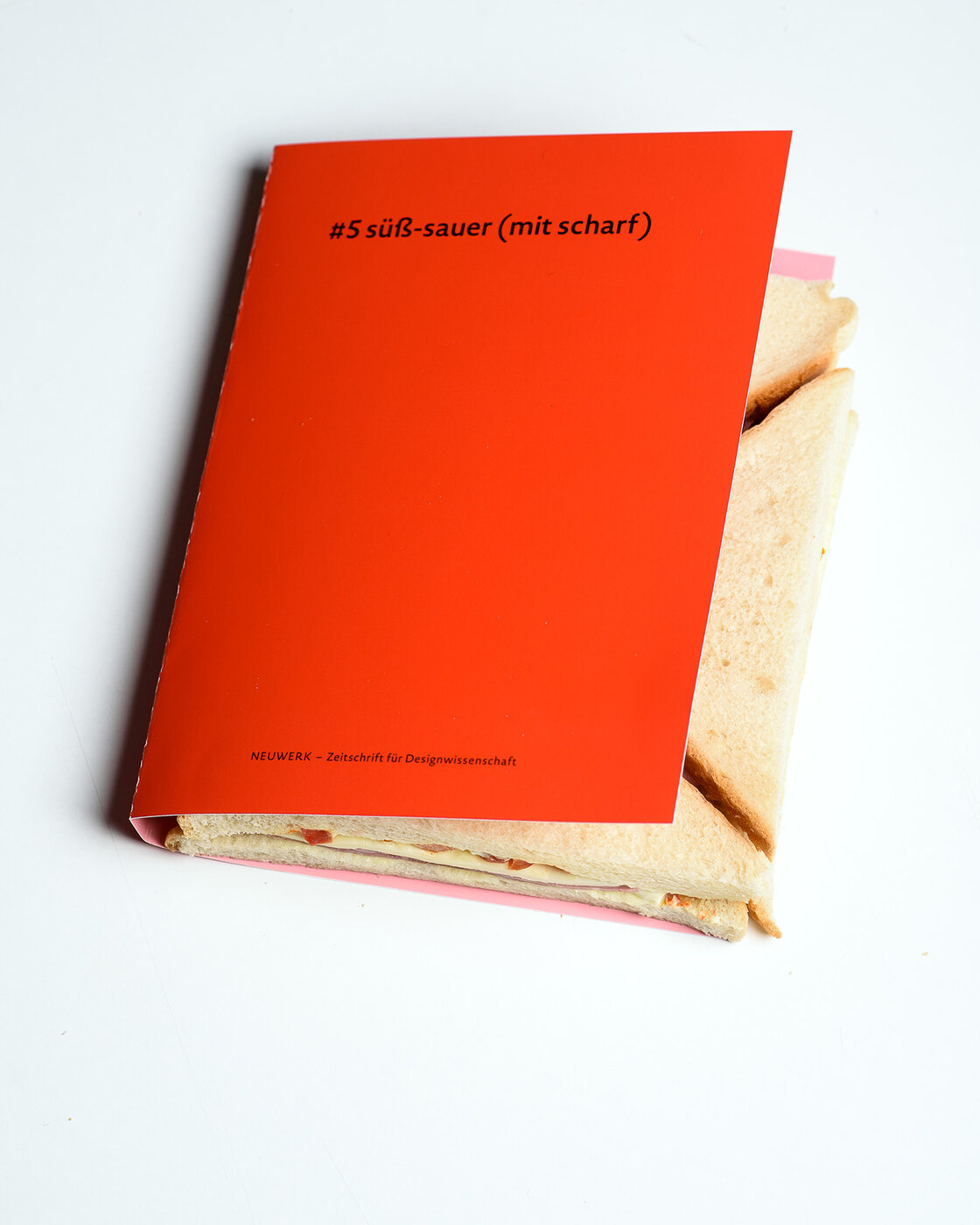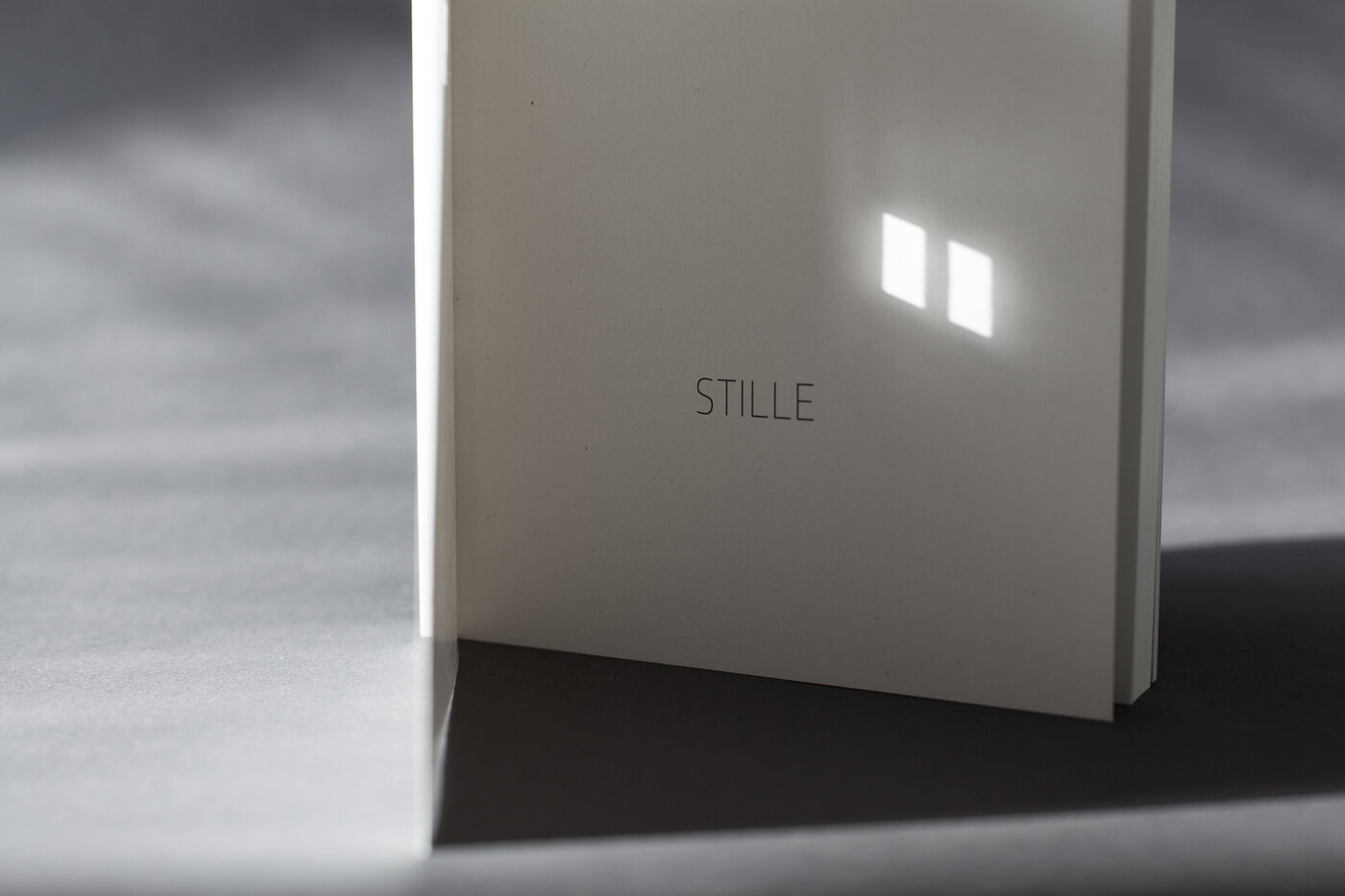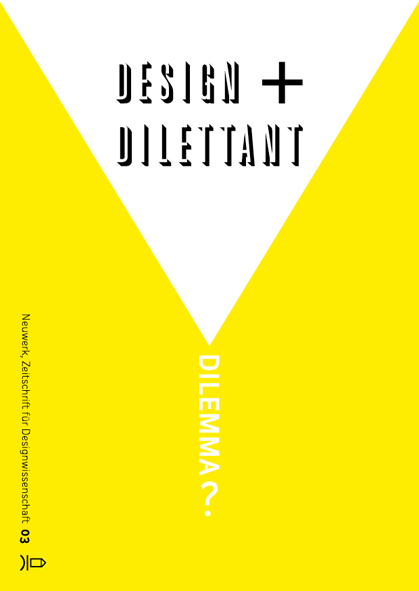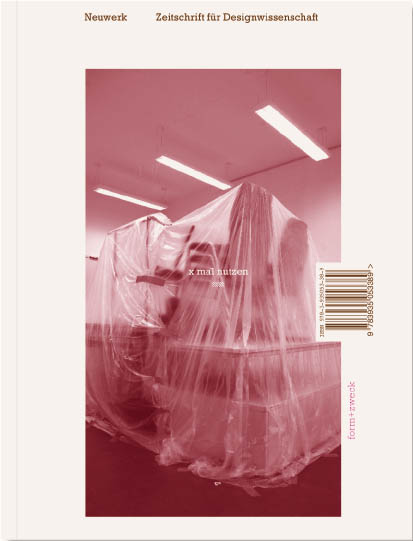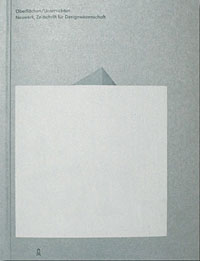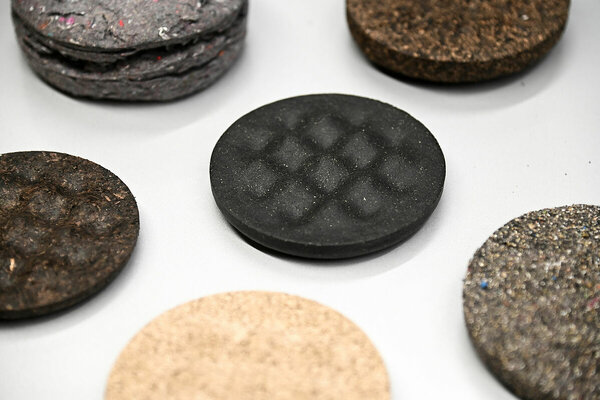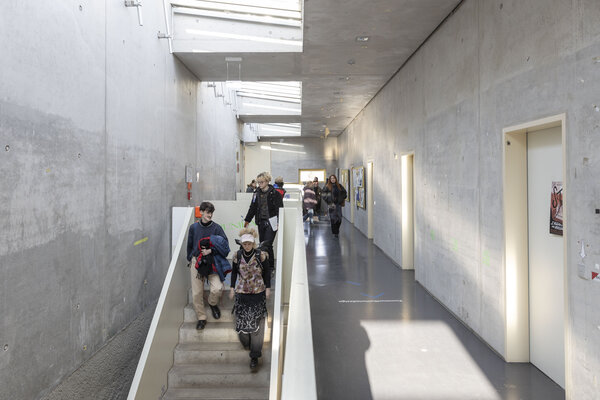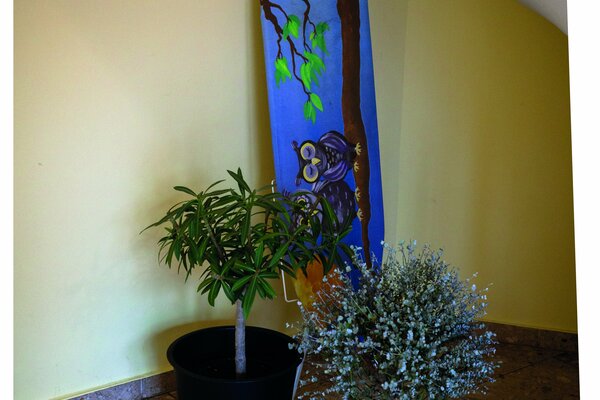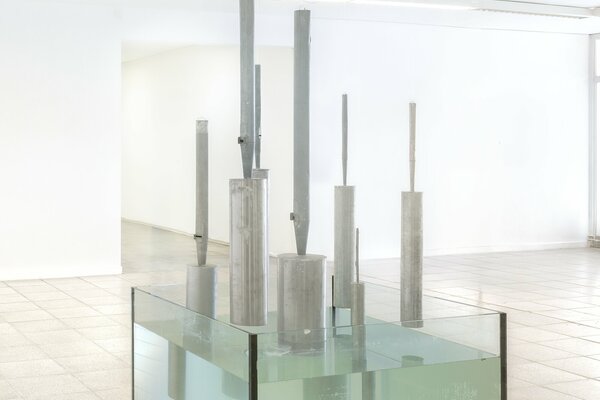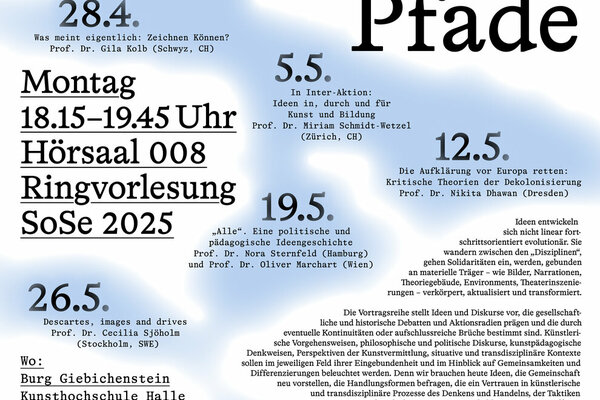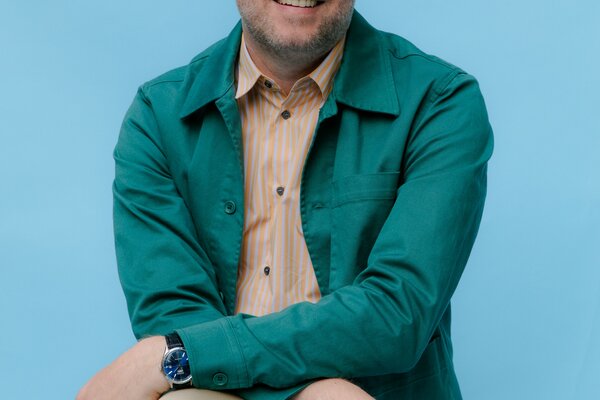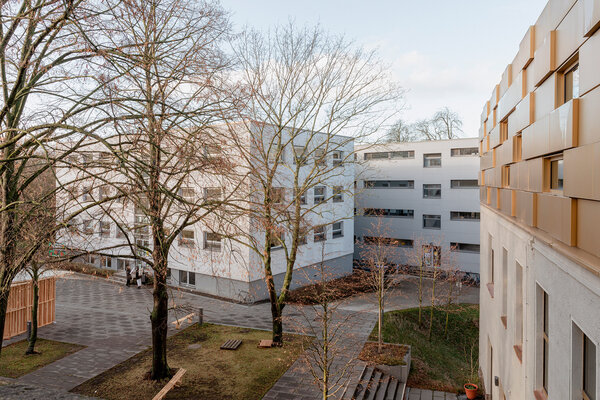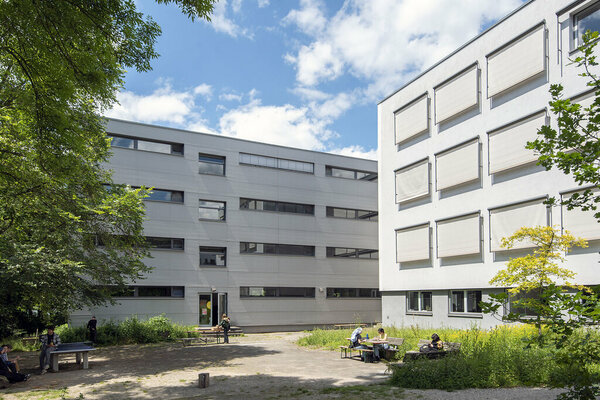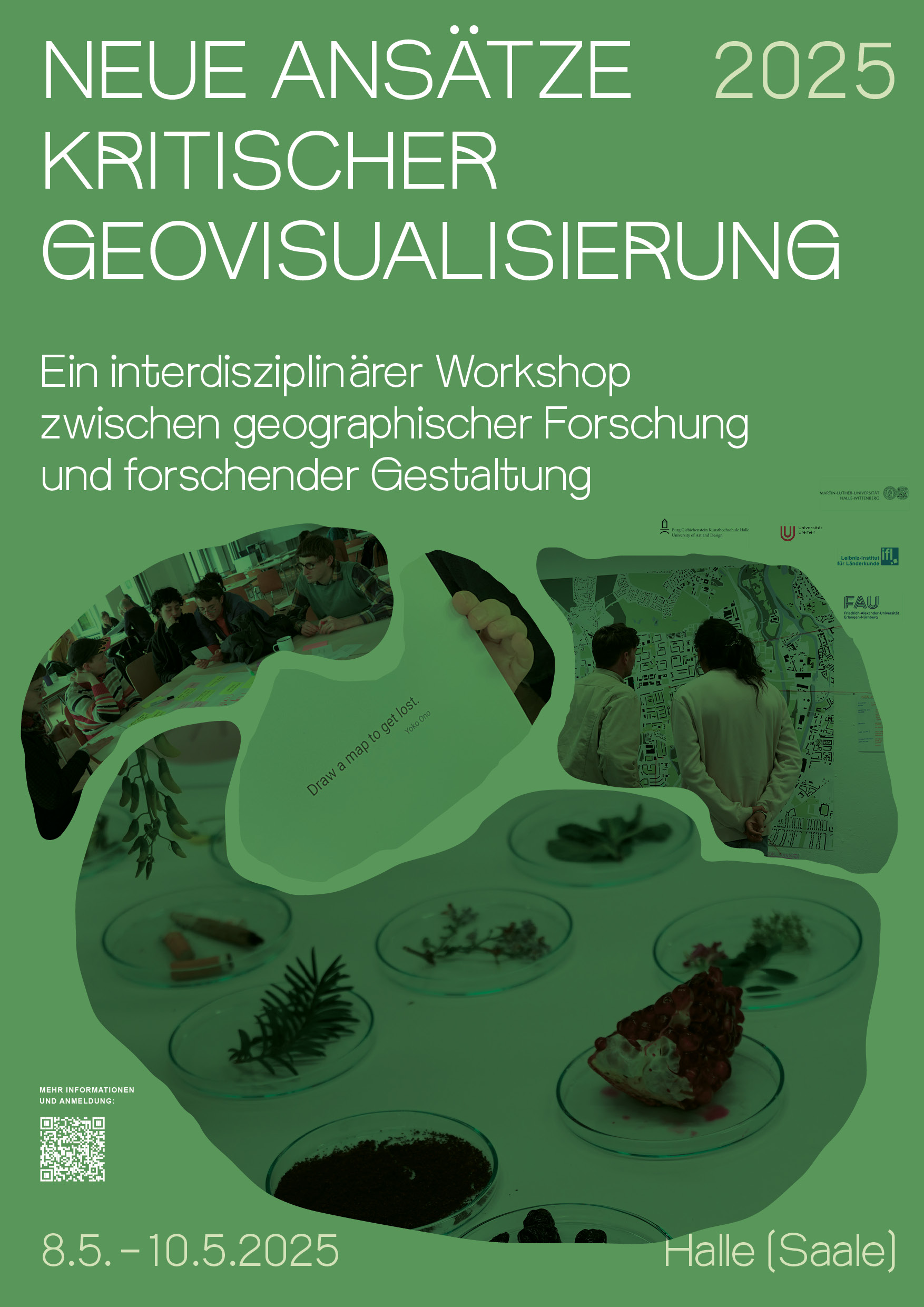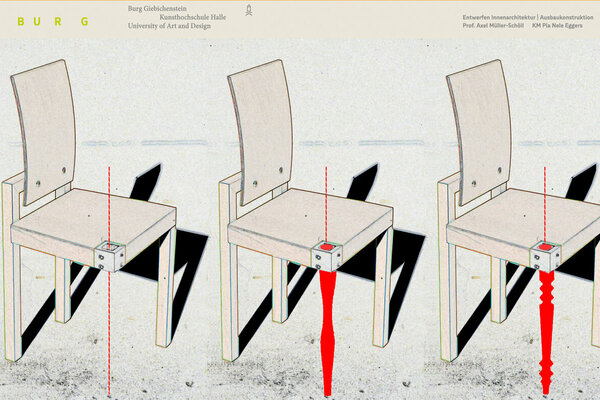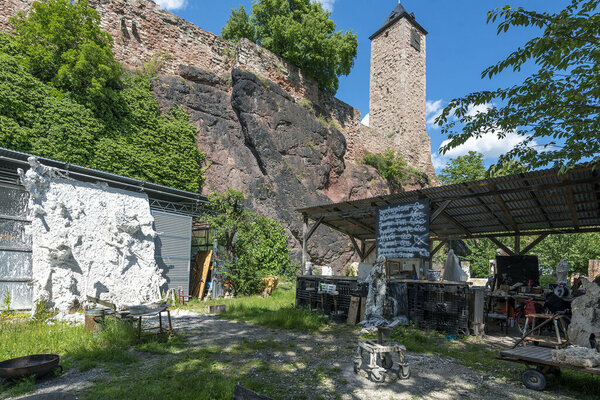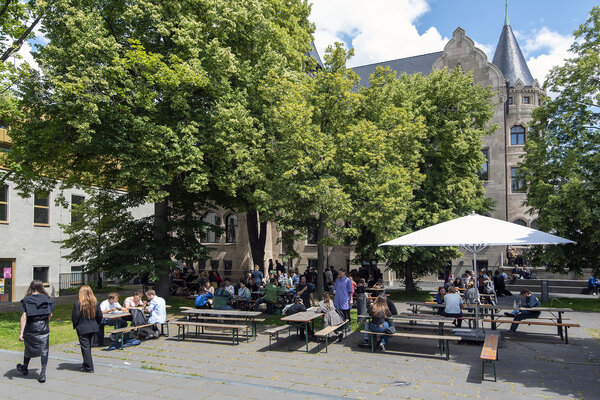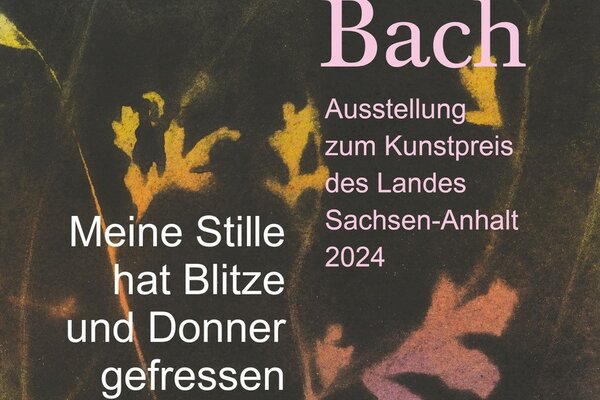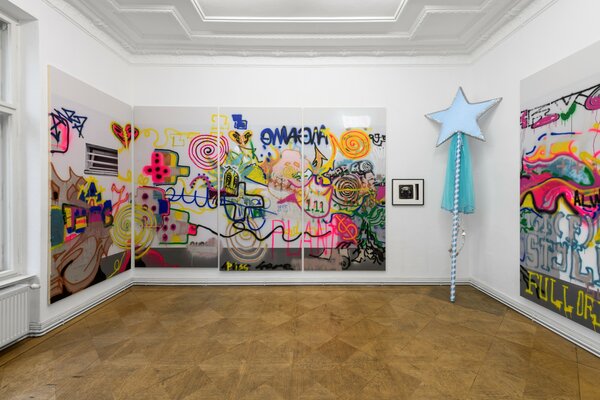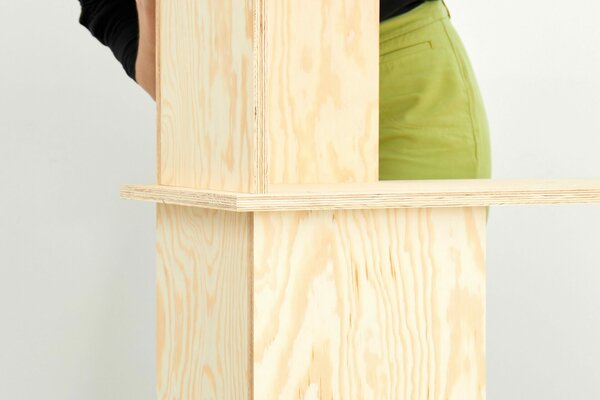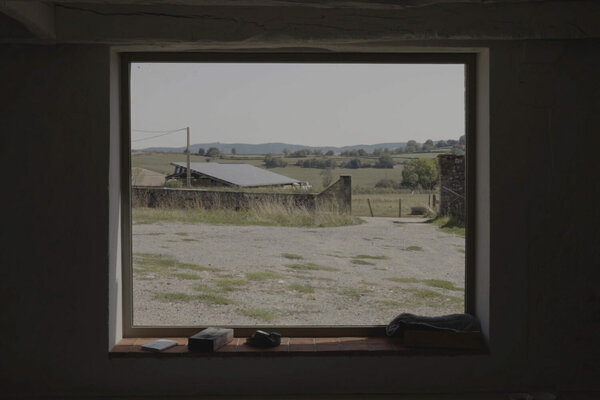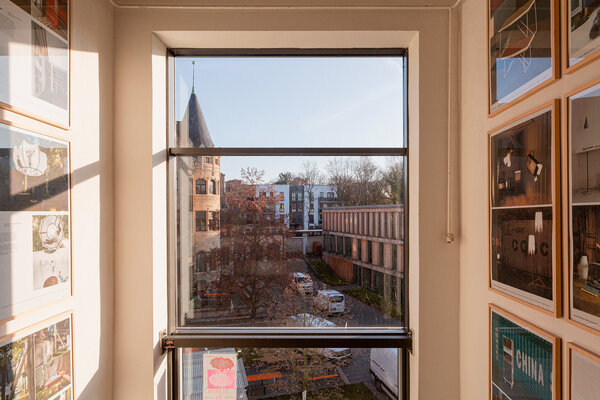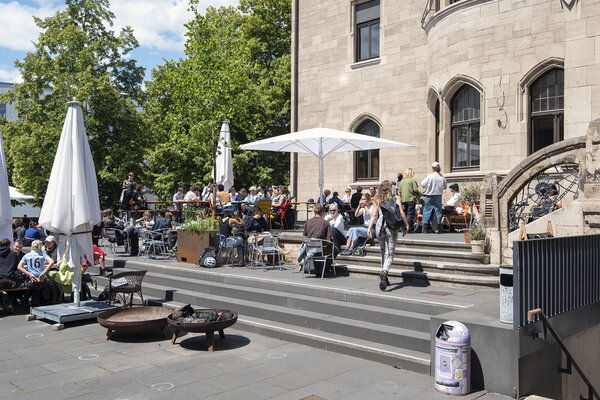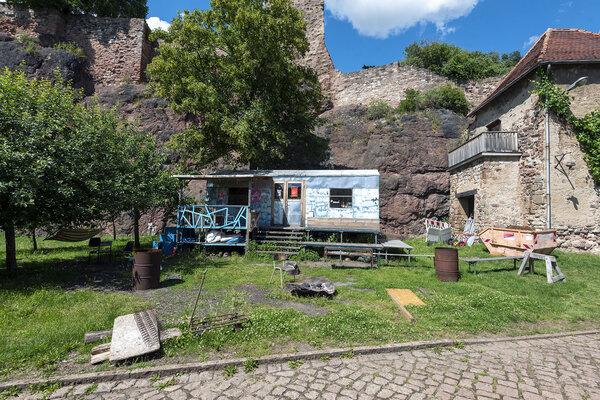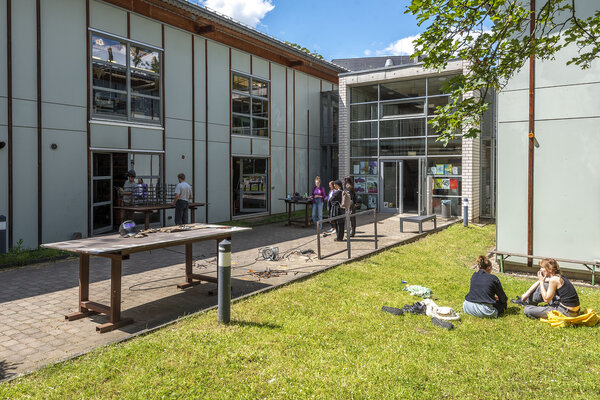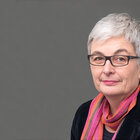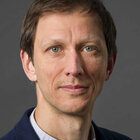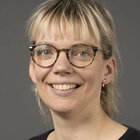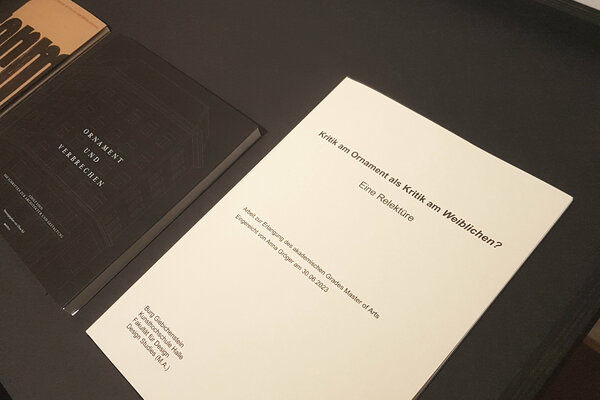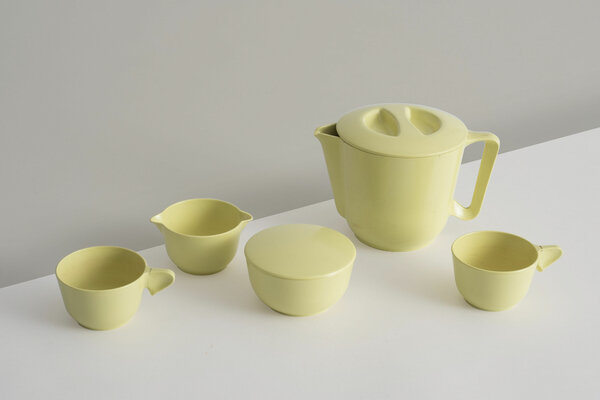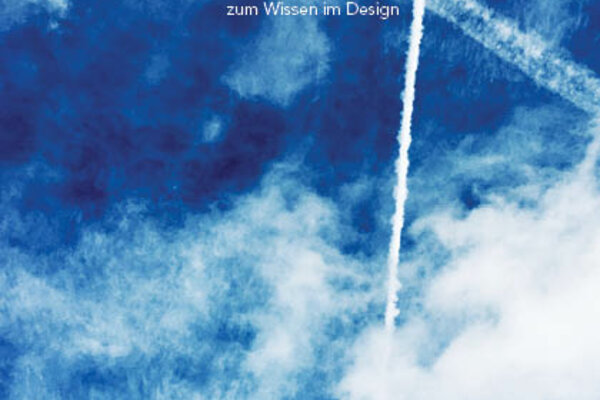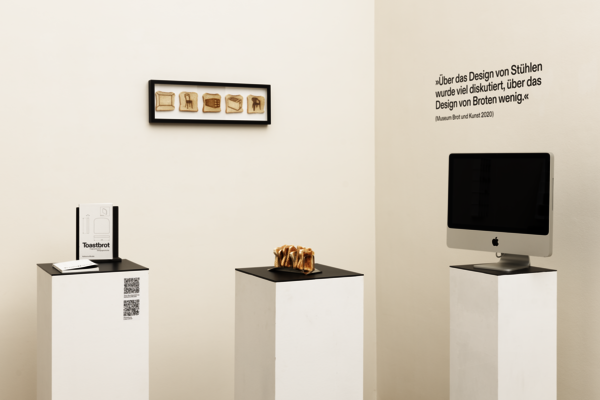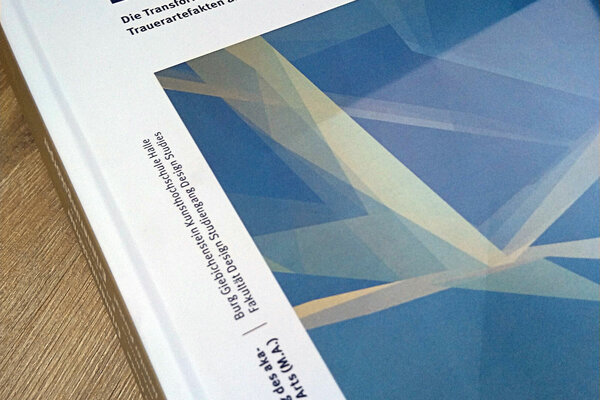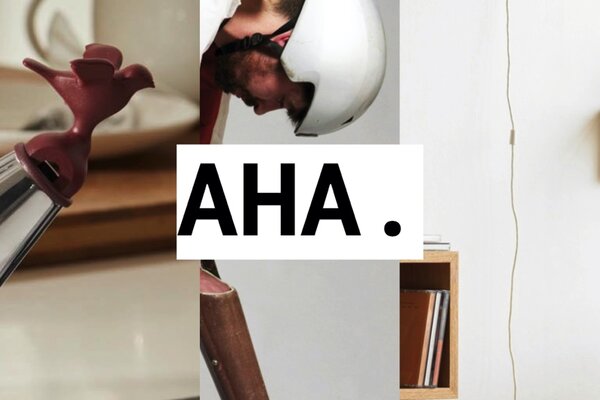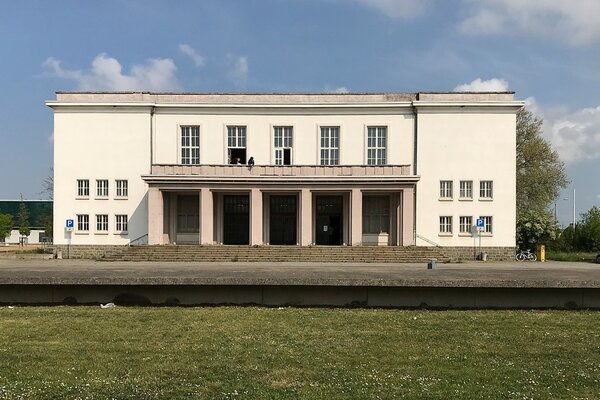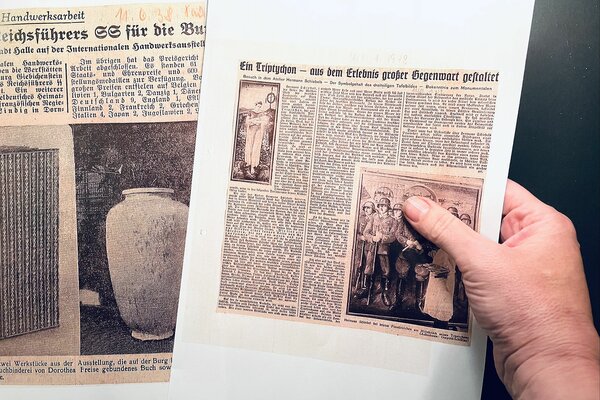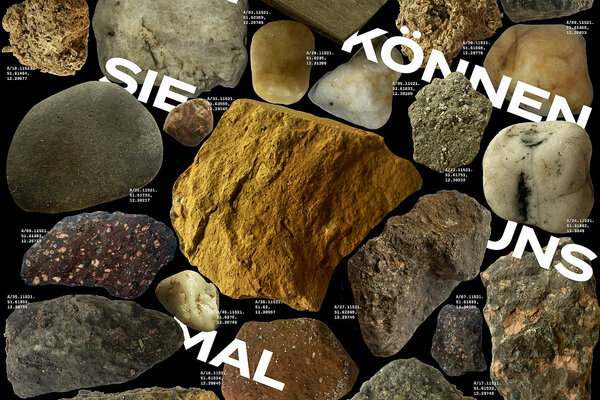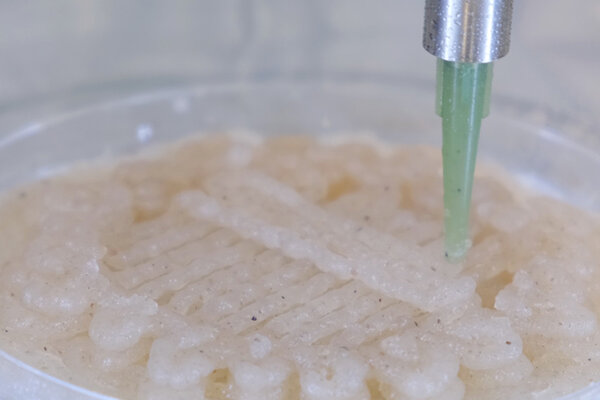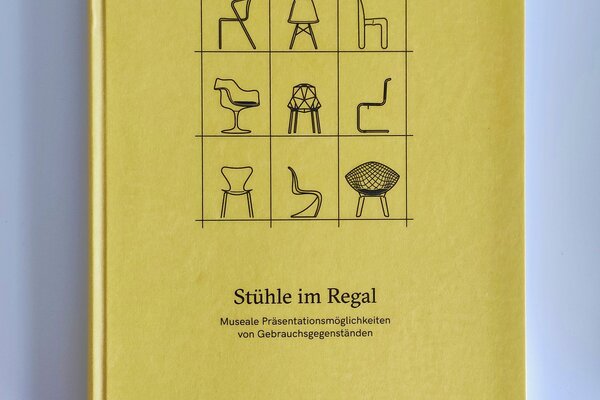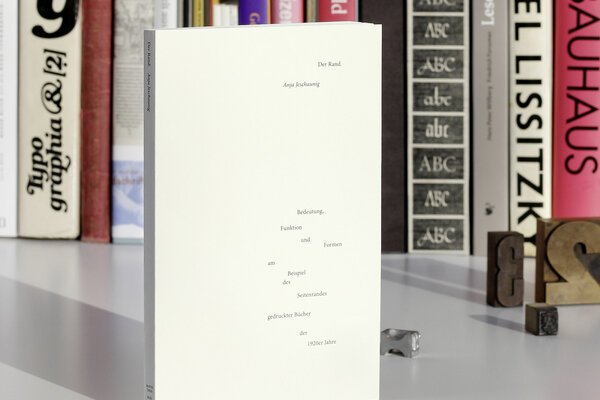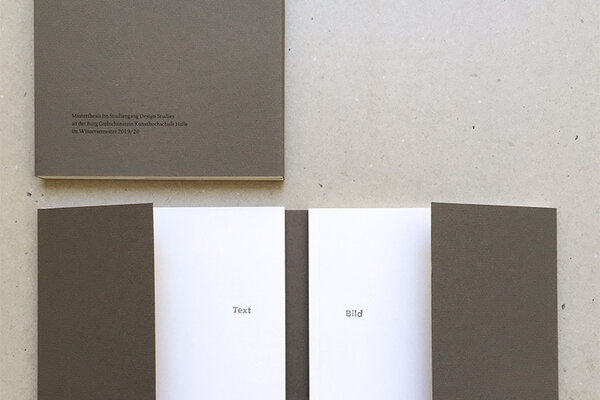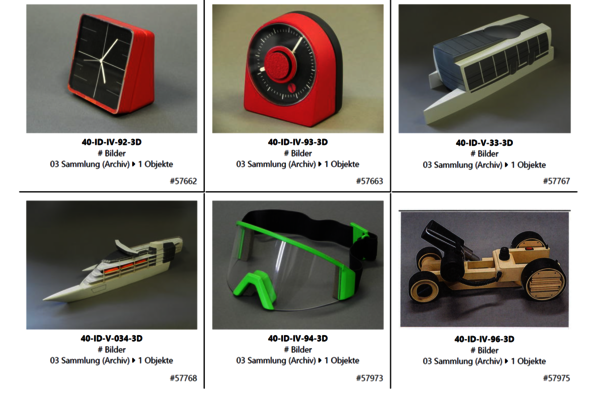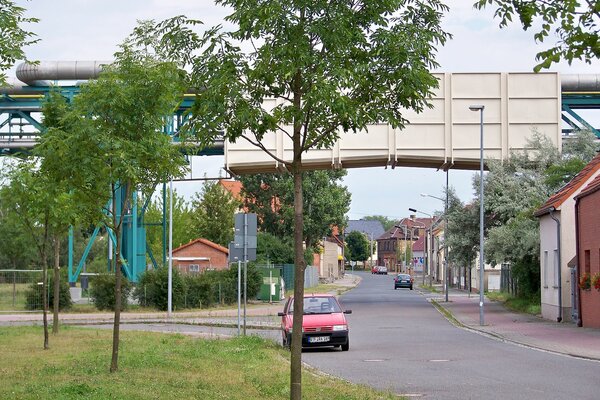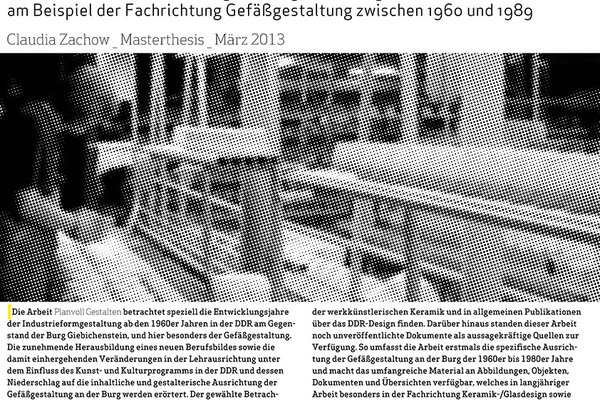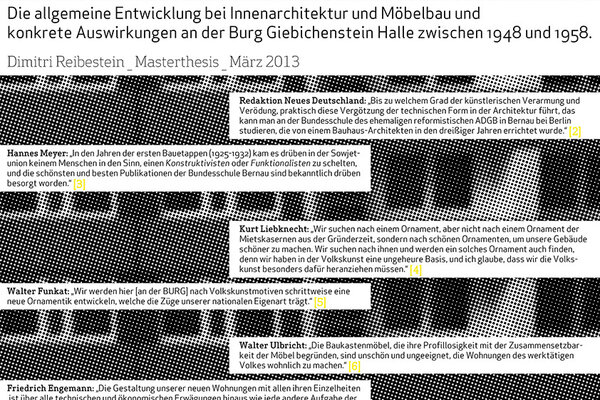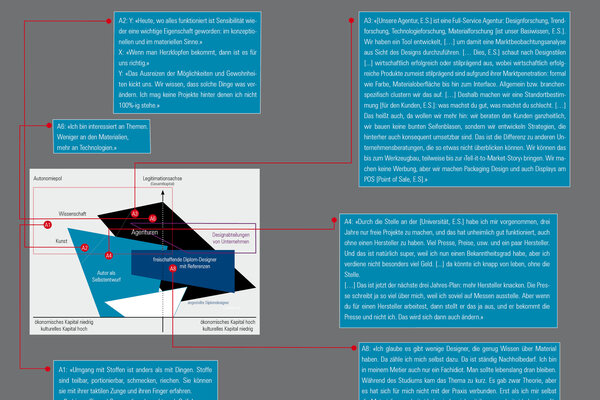Prerequisites
The Design Studies master’s course at Burg Giebichenstein University of Art and Design Halle is aimed explicitly at graduates of bachelor’s or ‘Diplom’ courses with an artistic/design emphasis and at academics whose focal area lies in history, philosophy, theory and psychology – in short: the culture of artefacts in general. All applicants have to take a course-specific entrance test; interested graduates of other disciplines who have relevant qualifications may also be admitted to a master’s course after taking this test. Most courses also require proof of relevant practical placements or comparable practical experience along with this test.
Aim of the course
It is intended that graduates of this course in Design Studies will be capable of analysing and interpreting the broad spectrum of areas that fall under the umbrella term of ‘design’ using academic methods and that they will be able to integrate these into their corresponding contexts. In addition, the course will contribute to the introduction of planning and creative skills into disciplines that are not necessarily characterised by design. It should also help with the establishment of practical design skills through theoretical background knowledge and with reflection upon and optimisation of these skills. The formal structure and content focus of the course of study are oriented towards the backgrounds and intentions of the students. The curriculum of the master’s course in Design Studies is focused on intensive guidance and fostering of the participants.
The teaching areas that make up the Design Studies master’s course deal mainly with the following areas: history and perspectives of design and architecture and its reception; theories of artefacts, planning and media; perception and behaviour research; and the scientific methodology of the subject areas involved. In addition, design management and pragmatism, the ecological theory and practice of sustainability in design and – last but not least – aesthetics and philosophical fundamentals play a significant role in the structuring of the course. The main focuses of the course – particularly in its practical components – can be selected by the students themselves in certain areas.
Course of study
The master’s course in Design Studies takes four semesters. The three leading design study disciplines here – History of Design and Architecture, Psychology of Design and Design Theory – deal with three specialist focal areas to which the topics of the course elements can be assigned.
The following higher-level or accompanying course elements can also be identified: activities in the area of fundamentals (seminars on text theory and creativity technique) or external elective subjects (lectures on sustainability, philosophy, history of aesthetics and theory of art). The Design Studies master’s colloquium for all three disciplines – each with its own topic areas here – serves as an accompanying element for the entire course of study.
In addition, it is recommended that students attend the relevant foundation lectures of the individual subjects, as the basic knowledge taught in these is assumed in the thesis and it also provides the required supplementary fundamental knowledge for the seminar and project studies.In the two middle semesters, two practical projects will also be completed; students are free to structure these as they wish in consultation with teaching staff. The course of study may also be supplemented by diverse course elements from module areas in design or related subjects or from practical areas.
In the final semester, students work on a comprehensive master’s thesis on an individual design topic from the area of Design Studies in consultation with teaching staff.
Degree
Master of Arts (M.A.)
